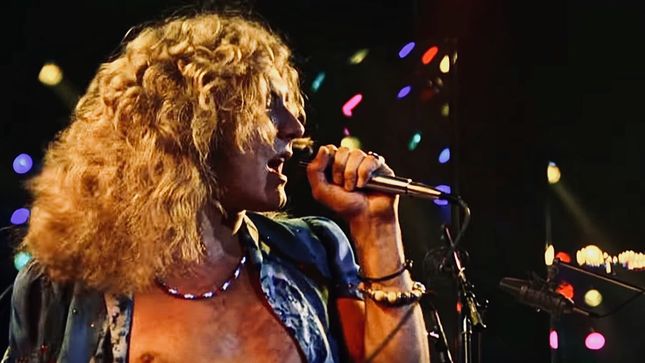Update: United States Court Of Appeals For The Ninth Circuit "Partly Favours" LED ZEPPELIN In "Stairway To Heaven" Case
November 29, 2018, 6 years ago

In a dispute alleging that legendary rock band Led Zeppelin copied “Stairway to Heaven” from a song by a different band, the US Court of Appeals for the Ninth Circuit vacated in part a judgment in favor of Led Zeppelin, citing inadequate jury instructions on the substantive copyright issues of protectable musical elements and originality, reports The National Law Review.
Years after the death of Randy Wolfe, a member of the US rock band Spirit and composer of the 1967 Spirit song “Taurus”, the trustee of Wolf’s estate, Michael Skidmore, brought a suit for copyright infringement against Led Zeppelin, as well as the band’s members, record labels and publishing company, alleging that the opening notes of the hit song “Stairway To Heaven” were copied from and are substantially similar to those in “Taurus”. The case proceeded to a trial in which the jury returned a verdict for the defendants, finding that the two songs were not substantially similar under the “extrinsic test,” which objectively compares the protected areas of a work.
Skidmore appealed, challenging (1) various jury instructions, (2) the district court’s ruling that substantial similarity must be proven using the copyright registration deposit copy, (3) the district court’s ruling that sound recordings could not be played to prove defendants’ access to the song “Taurus”, and (4) certain other evidentiary issues.
The Ninth Circuit began by discussing the copyright owner’s burden to prove copyright infringement and explained that since ownership of the copyright in “Taurus” was not contested, the analysis turned on the second element of infringement, i.e., whether the defendants copied protected aspects of the song’s expression through copying and unlawful appropriation. In cases where there is no direct evidence of copying, the plaintiff can attempt to establish, by circumstantial proof, that defendants had access to the plaintiff’s work and that the two works share substantial similarities with respect to aspects of the plaintiff’s work that are original and therefore protected by copyright.
The Ninth Circuit first addressed the issue of jury instructions and concluded that the district court erred by failing to instruct the jury that the selection and arrangement of unprotectable musical elements are, in fact, protectable. Noting that the extrinsic test for substantial similarity can be difficult to administer in the context of music, the Court concluded that the district court’s failure to instruct the jury that there can be copyright protection in an original combination of otherwise non-protectable music elements was prejudicial.
Read the full report at The National Law Review.











